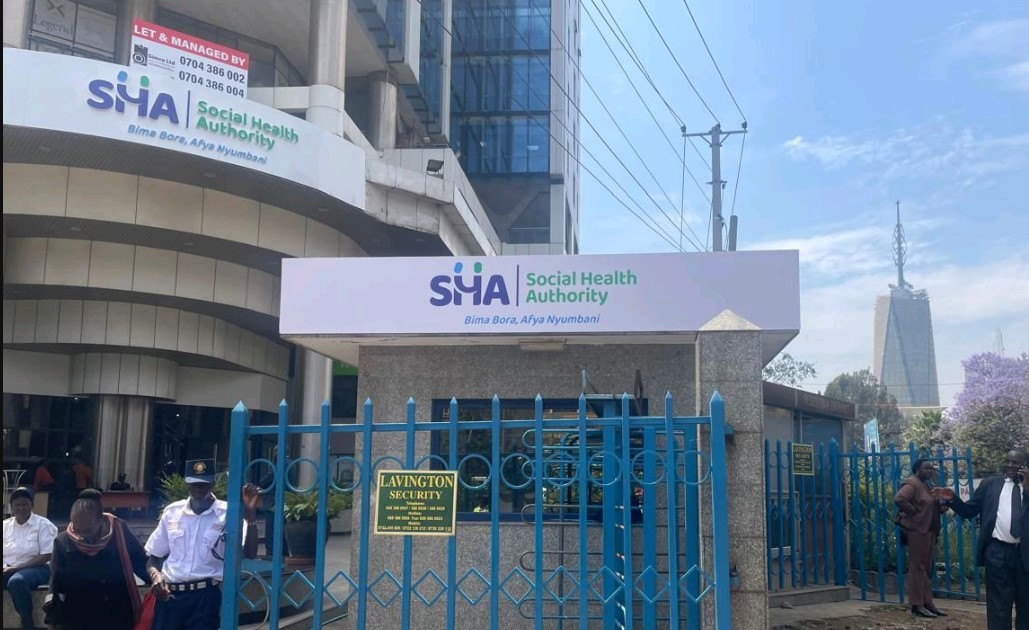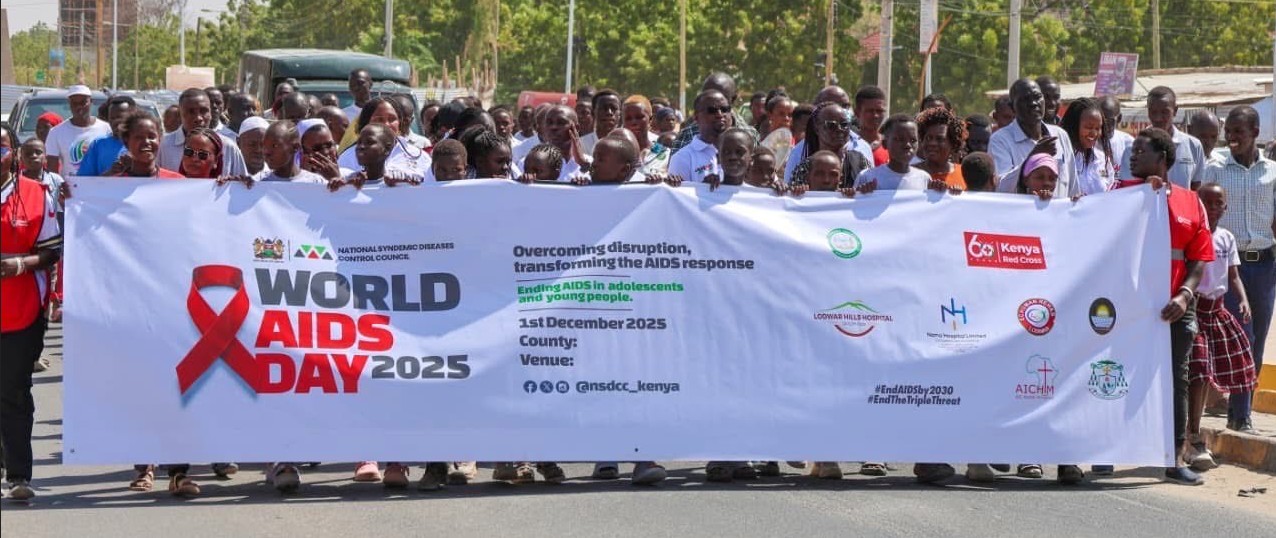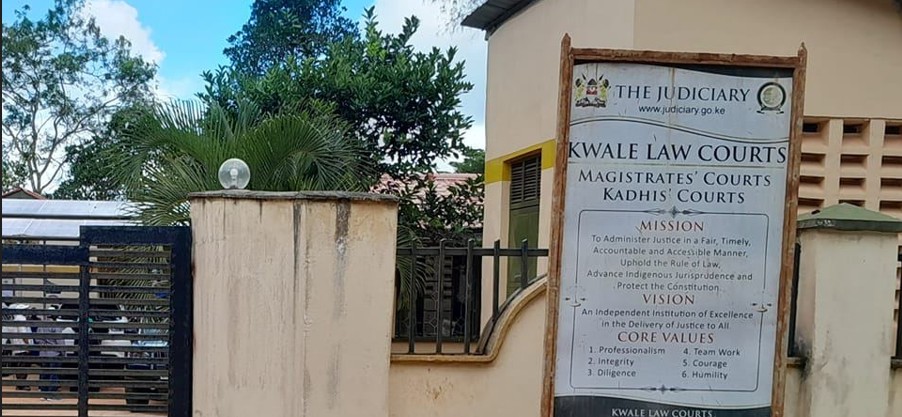Kenyans listed with SHA to get free treatment in level 2 and 3 hospitals

Barasa assured Kenyans that her ministry has put in place measures to process claims within 90 days.
The government has pledged to provide free medication to Kenyans enrolled in the new Social Health Authority (SHA) when they seek treatment at level two or three hospitals.
This has been revealed by Health Cabinet Secretary Deborah Barasa, who reaffirmed SHA's commitment to delivering adequate healthcare.
More To Read
- TSC confirms shift to SHA cover for teachers from December 1
- SHA transition sparks tension as teachers cite lack of consultation, legal violations
- MPs outline conditions to be met before forests can be degazetted
- Review meeting highlights barriers to immunisation, maternal health in Turkana
- TSC sued over teachers’ migration from MINET insurance to SHA
- Court of Appeal postpones hearing on constitutionality of Health Acts
She clarified that SHA beneficiaries will receive medical services at level two and three facilities at no cost.
"SHA registrants will enjoy free treatment at these facilities and access essential services under the emergency critical illness funds," she said.
The Ministry of Health reported that approximately 13.4 million Kenyans have registered with SHA. This includes about 7.2 million who transitioned from the now-closed National Health Insurance Fund (NHIF) and 6.2 million new enrollees.
Barasa also revealed that 29,598 employers and 7,411 healthcare providers have signed up with SHA.
She said the government has allocated Sh102.8 million specifically for mental wellness services under the SHA claims benefit analysis.
"Mental wellness services, which were not previously included in NHIF, topped the list of services provided within SHA in the first month, totalling Sh102.8 million," she said.
Additional services include outpatient care amounting to Sh273.8 million, inpatient care at Sh774.9 million, and renal care at Sh244.4 million, along with services for haemato-oncology, maternal, neonatal, and child health.
Barasa assured Kenyans that her ministry has put in place measures to process claims within 90 days to ensure sustainability and responsiveness in healthcare delivery.
She confirmed that the SHA system is now fully operational, with initial technical issues being effectively resolved to ensure smooth service provision. A dedicated multidisciplinary team has been mobilised at regional and county levels to enhance coverage and ensure continuity of services under SHA.
The Cabinet secretary emphasised that SHA registration is available to all Kenyans, allowing everyone to access quality healthcare regardless of location or background.
"The system is designed to be universally inclusive, meaning that public, private, and faith-based healthcare facilities across Kenya adhere to the same SHA guidelines and standards, ensuring that registered individuals receive consistent quality care and benefits," Barasa said.
Level 2 hospitals in Kenya offer a range of essential healthcare services, including outpatient services, basic medical consultations and treatment for common illnesses and minor injuries.
Inpatient services include short-term care for patients who need to stay overnight for observation or treatment.
Maternal and child health services comprise prenatal, postnatal, and child health services, including immunisations and growth monitoring.
Emergency services comprise basic emergency care for acute conditions and injuries.
Level 3 hospitals in Kenya provide a broader range of healthcare services compared to Level 2 facilities.
A level 3 hospital is designated as a health centre that provides a variety of outpatient services, typically offering preventive and curative care tailored to the local community's needs.
Services offered include:
Outpatient services: Comprehensive consultations and treatment for various health conditions.
Inpatient services: More advanced care for patients requiring hospitalisation, including specialised nursing care.
Emergency services: Enhanced emergency care for acute conditions and injuries, often with 24-hour availability.
Surgical services: Basic and minor surgical procedures, including outpatient surgeries and those requiring short-term hospitalisation.
Maternity services: Comprehensive prenatal, delivery, and postnatal care, including antenatal classes.
Paediatric Services: Specialised care for infants, children, and adolescents, including immunisations and growth monitoring.
Laboratory Services: A wider array of diagnostic tests, including blood work, imaging services (like X-rays and ultrasounds), and pathology.
Pharmacy services: Comprehensive medication dispensing and management, along with patient education.
Dental services: More extensive dental care, including preventive, restorative, and surgical treatments.
Top Stories Today













































